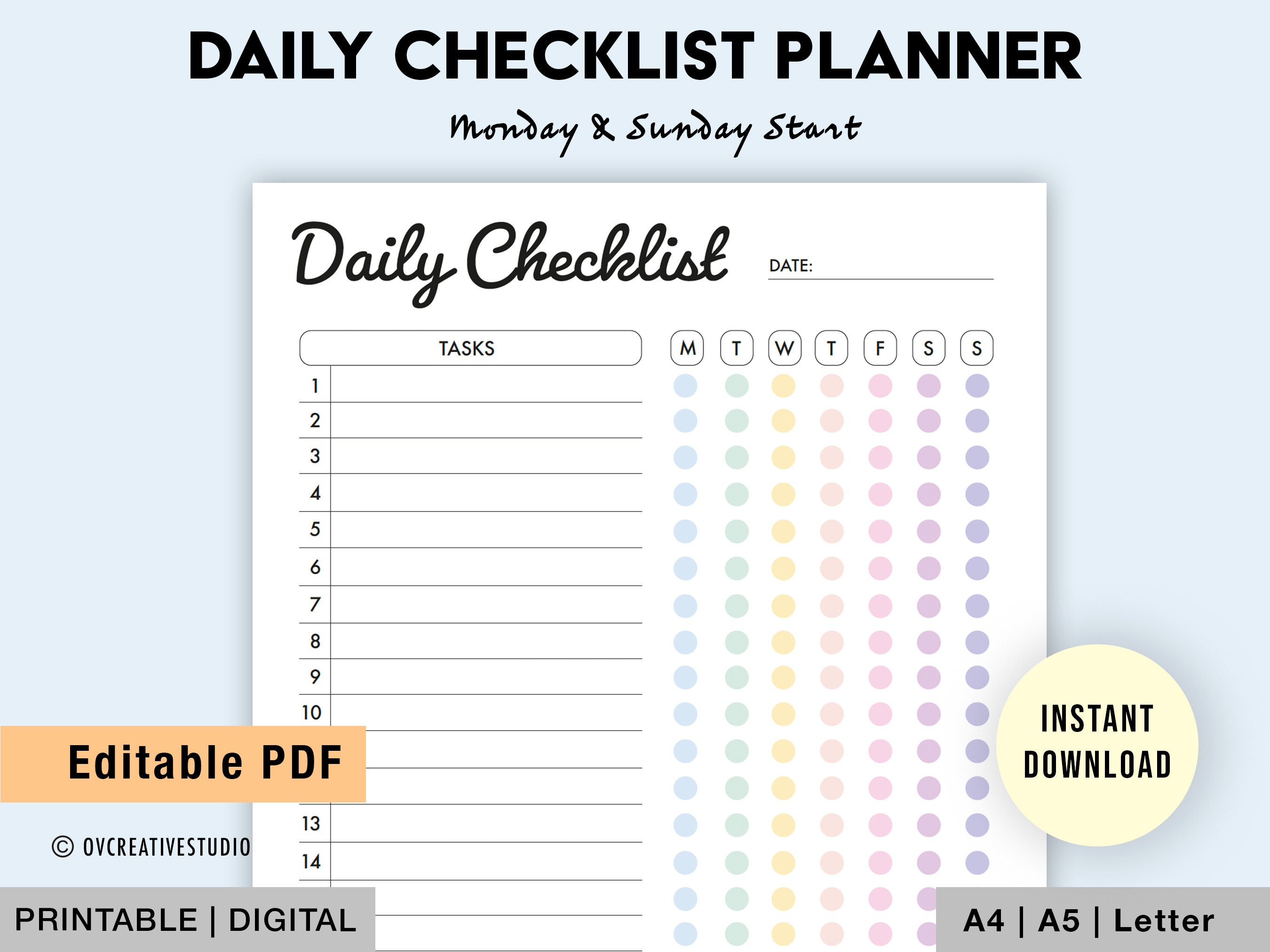Daily Madden - Unpacking Lingual Quirks
Have you ever found yourself pausing mid-sentence, perhaps while writing something or just talking with someone, and a small, nagging question about a common word or phrase pops into your head? It happens, doesn't it? These little linguistic puzzles, the ones that seem to defy a simple answer or a consistent pattern, are a very real part of how we experience language every single day. They are, in a way, a tiny bit of a daily madden, prompting us to scratch our heads and wonder why things are the way they are.
These moments of slight bewilderment come up quite often, actually, when we consider the words we use without much thought. We use them, we hear them, and for the most part, they do their job just fine. But then, a flicker of something unusual, a deviation from what we might expect, catches our attention. It's like spotting a tiny, unexpected pebble in a smooth, familiar path; it doesn't stop you, but it certainly makes you notice and, you know, wonder a little about its presence there.
What we're looking at here are those particular instances where the everyday language we rely on presents a minor challenge, a small point of interest that makes us pause and think. These are the kinds of observations that can make you go, "Hmm, that's a bit odd, isn't it?" They are the subtle ways our language, with all its quirks and turns, can give us a moment of a daily madden, making us consider the very fabric of our communication.
Table of Contents
- The Peculiar Nature of "Daily"
- Why is "Daily" a Bit of a Daily Madden?
- When Words Don't Quite Fit
- Is "Decadely" Really Not a Word - A Daily Madden Moment?
- Understanding Everyday Language
- What About "Every Other Day" Versus "Bidiurnal" - A Daily Madden Riddle?
- The Rules of Written Communication
- How Do "Daily Mean" and "Mean Daily" Create a Daily Madden?
The Peculiar Nature of "Daily"
Consider for a moment how we talk about periods of time, especially when we want to describe something that happens regularly. We have words like "yearly," which comes from "year," and "monthly," which, you know, comes from "month." Then there's "weekly," a pretty straightforward derivation from "week." It seems, at first glance, that there's a pretty consistent way we form these descriptive words that tell us how often something occurs. You take the time period, add a little something to the end, and there you have it, a word that signals regularity.
But then, there's "daily." It comes from "day," of course, but it has that little "i" in there, doesn't it? It's not "dayly" like you might expect if you were following the pattern set by "yearly" or "weekly." This slight difference, this little unexpected twist, can be a bit of a head-scratcher for some folks. It stands out, you see, as a word that breaks away from what appears to be a rather neat and tidy system for turning time units into words that describe frequency. It's almost as if "day" decided to do its own thing, just a little, when it came to becoming an adverbial form.
This observation about "daily" is quite interesting because it highlights how language isn't always perfectly uniform or strictly logical in its development. While we might look for consistent rules, the truth is that words evolve over time, often taking paths that might seem a little unconventional when viewed through a purely systematic lens. So, the presence of that "i" in "daily" instead of a direct "dayly" is a small reminder that language has its own quirks, its own history, and sometimes, its own way of doing things that just doesn't quite fit the mold we might mentally construct for it. It's a subtle difference, but one that certainly gets noticed.
Why is "Daily" a Bit of a Daily Madden?
The reason "daily" might feel like a bit of a daily madden for those who notice it is precisely because of that perceived break in the pattern. When you line up "hourly," "daily," "monthly," "weekly," and "yearly," you tend to see a pretty consistent approach to making words that describe time measurements. They all seem to follow a similar rhythm, a common method for creating those forms. Yet, it's "daily" that seems to introduce a slight discord in this otherwise harmonious set of words.
It's like a small, unexpected note in a familiar tune. The pattern seems so clear: take the time unit, add a suffix, and you get your word. But then, "day" doesn't quite play along in the exact same way. This tiny deviation can make you pause and ask, "Why this one? Why is 'daily' different from 'weekly' or 'monthly' in its construction?" It's not a huge problem, of course, but it's one of those small things that can make you think a little harder about the words you use without much conscious thought. It's a linguistic puzzle, in some respects, that just sits there, waiting to be pondered.
This sort of observation often makes us appreciate the organic nature of language. It's not something that was simply designed from the ground up with absolute consistency in mind. Instead, it grew and changed over many, many years, with different influences shaping individual words in various ways. So, while "daily" might seem like a bit of an outlier when compared to its time-related companions, its unique formation tells a story about the journey of words. It's a gentle reminder that language has its own fascinating irregularities, which can sometimes be a source of minor bewilderment, a very slight daily madden for those who like their patterns neat and tidy.
When Words Don't Quite Fit
Moving on from the quirks of "daily," we sometimes run into words that just don't seem to be accepted, even if they appear to make perfect sense. Imagine you're looking at a list of regular time intervals: "Daily," "weekly," "monthly," "yearly." These are all words we use without a second thought. But then, what about a word for something that happens every ten years? You might think of "decadely," perhaps, as a logical extension of the pattern. It sounds right, doesn't it? It fits the mold that "yearly" and "monthly" have set.
However, when you actually try to use "decadely," or perhaps type it into a document, you might find that your spell checker, like Google Chrome or Google Docs, or even a well-known online dictionary, insists that "decadely" is simply not a word. This can be quite surprising, to be honest. It's a situation where a word that seems to follow all the established rules for word creation just isn't recognized by the broader linguistic community. It’s like trying to use a perfectly good key that simply doesn’t fit the lock, even though it looks like it should.
This experience really highlights how the acceptance of a word isn't just about its logical construction. It's also about common usage, about whether enough people have used it consistently over time for it to become a recognized part of our shared language. So, while "decadely" might feel like a perfectly sensible word to coin, the fact that it's not widely adopted means it remains outside the official lexicon. It's a clear example of how language isn't just about rules; it's also about collective agreement and historical use, and sometimes, that can lead to a bit of a puzzle.
Is "Decadely" Really Not a Word - A Daily Madden Moment?
The rejection of a word like "decadely," despite its apparent logical formation, can certainly be a bit of a daily madden for those who encounter it. You see "daily," "weekly," "monthly," and "yearly" all neatly lined up, and then you try to extend that pattern to a ten-year period, expecting "decadely" to fit right in. But it doesn't. This can be genuinely perplexing, as it challenges our natural inclination to find consistency and order in language. It makes you wonder, "If 'yearly' works, why doesn't 'decadely'?"
This kind of linguistic roadblock often makes us consider the subtle, sometimes unspoken, rules that govern word acceptance. It's not enough for a word to be well-formed; it also needs to gain traction, to be used and understood by a wide range of speakers and writers. The fact that "decadely" hasn't achieved this status, despite its intuitive construction, serves as a powerful reminder that language is a living thing, shaped by countless interactions rather than just strict grammatical principles. So, when your spell checker flags a word you thought was perfectly fine, it can feel like a small, unexpected linguistic bump in the road, a minor daily madden that makes you question your own word sense.
It's a moment that can make you appreciate the subtle power of collective usage. While an individual might coin a word that seems perfectly sensible, its true validity comes from its adoption by the broader community. The experience of discovering that a seemingly logical word isn't recognized can be a small, but noticeable, point of linguistic frustration. It just goes to show that even in something as fundamental as language, there are always little surprises and deviations from what we might predict, which can, you know, sometimes be a tiny bit maddening for those who prefer clear, consistent patterns.
Understanding Everyday Language
When we talk about how often something happens, we often use straightforward, common phrases. For instance, if something occurs every other day, that's precisely what we say: "every other day." This phrase is universally understood and flows naturally in conversation. It's simple, direct, and gets the message across without any fuss. This preference for clear, everyday expressions is a fundamental part of how people actually communicate, favoring ease of comprehension over overly formal or less familiar terms. It's a very practical approach to getting your point across, really.
However, there are sometimes more technical or less common words that mean the same thing. In the case of "every other day," a word like "bidiurnal" might technically convey the same idea. It's a word that suggests something happens twice a day, or perhaps on alternate days, depending on how you look at its components. Yet, it's quite rare to hear someone use "bidiurnal" in regular conversation. It appears that this word might have been created by someone like Ursula M. for a very specific purpose, but it hasn't really caught on in general speech. The preference, clearly, remains with the more accessible and widely recognized phrase.
This contrast highlights an interesting aspect of language: the difference between what is technically correct or possible, and what is actually used and understood by most people. While a word like "bidiurnal" might exist, its lack of widespread use means it doesn't serve the same communicative purpose as the simple phrase "every other day." It’s a good reminder that language isn't just about having words for things; it's also about shared understanding and common practice. So, while you could theoretically use a more obscure term, the everyday phrase is almost always the one that gets the job done most effectively and without causing any confusion, which is pretty important, you know.
What About "Every Other Day" Versus "Bidiurnal" - A Daily Madden Riddle?
The difference between saying "every other day" and trying to use a word like "bidiurnal" can certainly present a bit of a daily madden, especially for those who appreciate precision in language. On one hand, you have a phrase that everyone understands immediately, a clear and simple way to express a recurring event. On the other, you have a word that, while perhaps technically accurate, is almost never heard in regular talk. This discrepancy can make you wonder why certain words gain traction and become common, while others, even if they seem to fit a need, just don't make it into everyday speech.
It’s like being presented with two ways to say the same thing, but one path is a well-trodden, easy road, and the other is a less-traveled, slightly overgrown trail. The fact that "bidiurnal" exists but is rarely used speaks volumes about how language truly functions. It's not just about creating a word; it's about whether that word resonates with people, whether it feels natural to use, and whether it effectively serves the purpose of communication without causing a stumble. So, when you come across such a contrast, it can make you pause and think about the subtle forces that shape our vocabulary, which, you know, can be a little thought-provoking, a very slight daily madden for those who enjoy linguistic puzzles.
This particular linguistic riddle makes us consider the practical side of language. While formal or specialized terms have their place, especially in academic or technical fields, everyday conversation tends to favor clarity and familiarity. The common phrase "every other day" simply works better for most situations because it's instantly recognizable and requires no extra thought from the listener. The existence of a less common alternative like "bidiurnal" just serves to highlight this preference for directness and shared understanding, reminding us that sometimes, the simplest way to say something is also the most effective, even if it means foregoing a more "technical" term. It's a good lesson, actually, about how we really use words.
The Rules of Written Communication
In formal writing, particularly in reports or official documents, there are often very specific guidelines about how certain phrases should be used. These rules are put in place to make sure that meaning is absolutely clear and that there's no room for misunderstanding. For instance, a document might contain "daily orders," which are instructions that need to be followed each day. These orders, as you might expect, are usually quite precise and leave little to interpretation. It's about maintaining a consistent and unambiguous message, which is pretty important in many contexts, you know.
One interesting example of such precise instruction comes from older publications, like the "Suggestions to Authors of the Reports of the United States Geological Survey, Fifth Edition, 1958." This kind of guide would lay out very particular ways to phrase things to ensure clarity and consistency across all official reports. For instance, it might advise against using certain combinations of words that could potentially cause confusion. These are the kinds of detailed instructions that really shape how formal documents are put together, ensuring that every word serves its intended purpose without creating any unintended meanings. It's a very careful approach, actually.
The need for such strict guidance often arises from the potential for subtle differences in meaning that can have significant consequences in formal contexts. While in casual conversation, we might be a bit more relaxed with our phrasing, official documents
- Sparking Zero Box Art
- Maria Jose Lopez Malo Nude
- Amber Knights Escort
- Leila Santese Only Fans
- Indiana Mylife

The Impact of Daily Routines on Personal Growth and Job Satisfaction

Editable Daily Checklist Printable Weekly to Do List - Etsy

Daily Mail Daily Mail Newspaper 1st June 2018 Aidan Turner Poldark